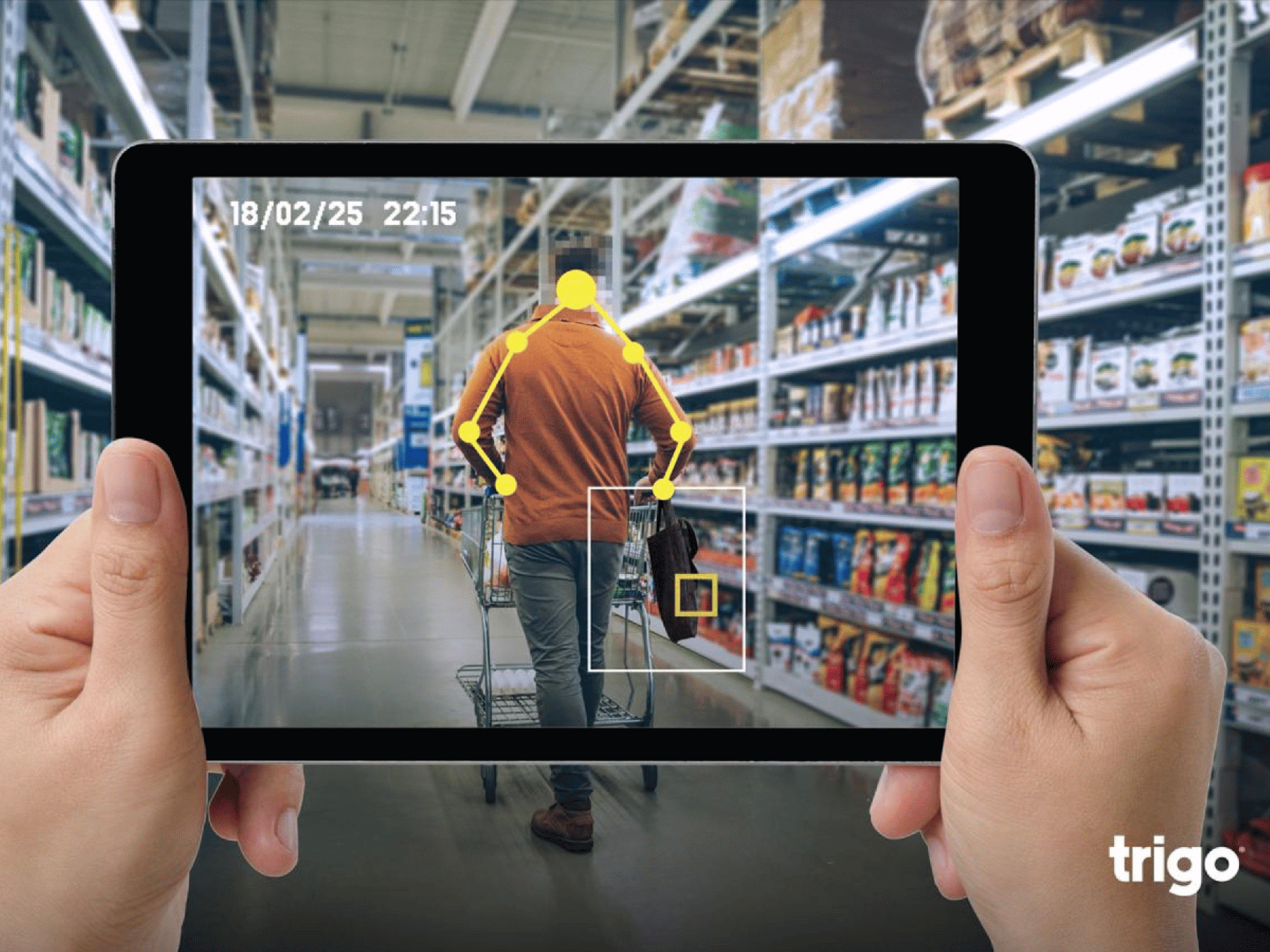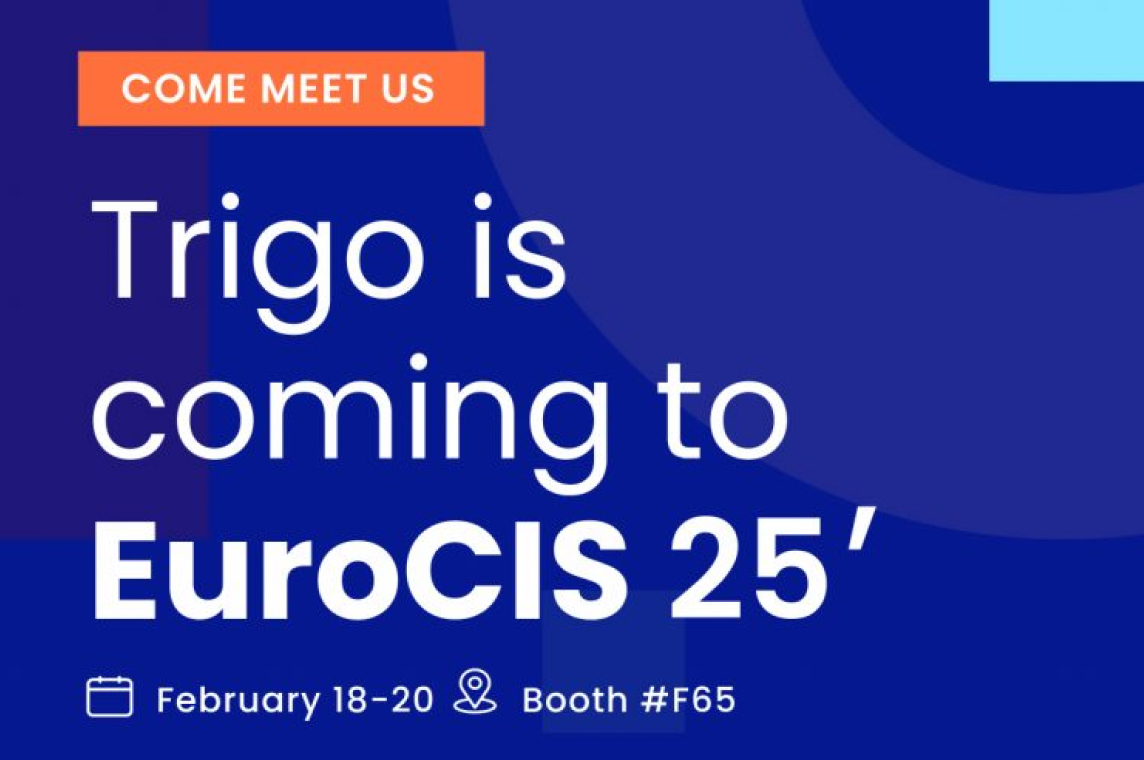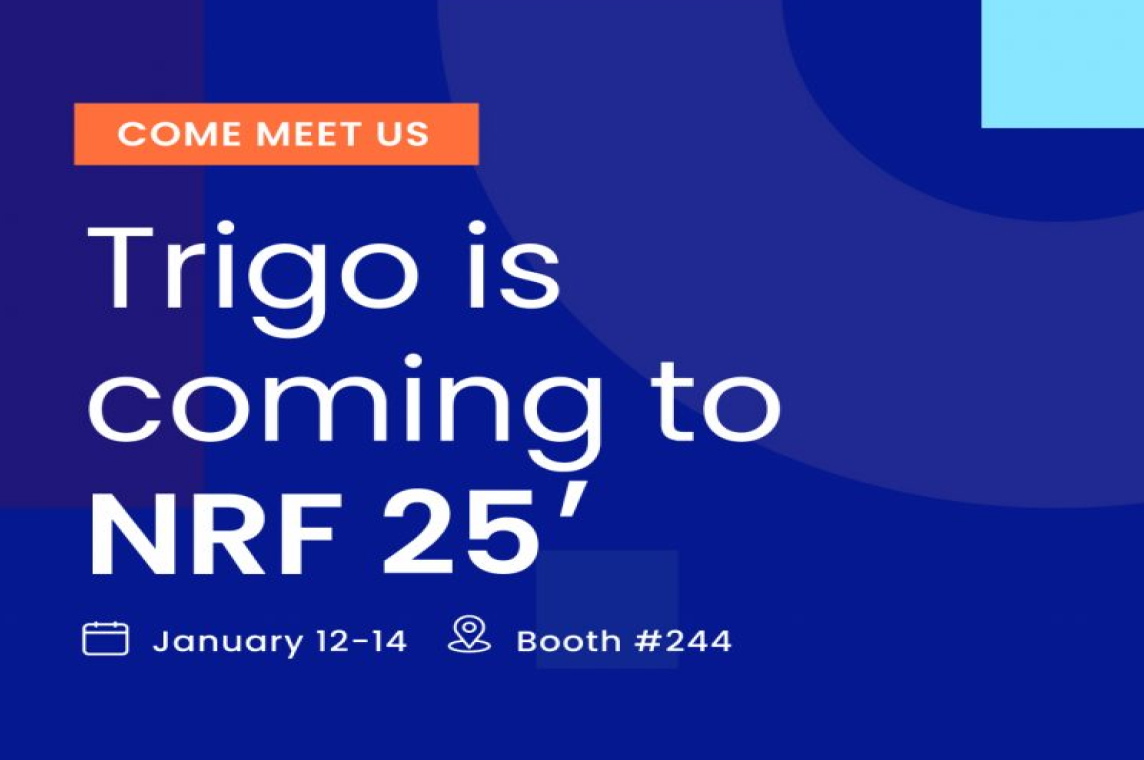On average, Americans spend about 60 hours a year in grocery stores, with each trip taking about 43 minutes, according to Statista. Often navigating such sprawling spaces and waiting in lines at checkout counters does not make it worth the visit to a supermarket just to pick up a gallon of milk or that forgotten carton of eggs. Instead, many consumers stop at smaller convenience stores, which means grocery stores are losing out on potential business every day.
It’s something I saw myself, having just returned from a week of traveling around the United States, where I met with top American grocery retailers, listened to their thoughts on the evolution of the grocery sector, and checked out their stores. It’s clear they are looking to create better and faster customer experiences for shoppers, and that’s where our technology can play a big part.
In Europe, we at Trigo have already retrofitted several grocery stores for frictionless checkout, including those of Tesco in the UK and Rewe in Germany. Basically, customers come in, pick out their groceries and leave. No more waiting in line, or fumbling for cash or a credit card to pay. While customers browse the aisles and select their items, our cameras and sensors record their choices and automatically charge their credit cards. Any existing store can add the technology.
Trigo is now poised to bring the same setup to the American market, saving customers valuable time. But rather than outfitting large supermarkets with the technology, we will start by creating small mini-stores inside them, or next to them, that utilize our frictionless checkout system. Stocked with basic items like milk and bread along with ready-to-eat food options, like sandwiches and salads, these stores-within-stores will allow customers to experience the benefits of frictionless shopping. At the same time, they will help grocery stores explore an additional format that can unlock new revenue, and become early adopters of the technology changing the supermarket landscape, which will ultimately be key to surviving in our new data-dependent world.
Our model of smart convenience shops within stores is particularly suited to modern American shopping habits, and the market is ripe for such an innovation.
Bringing fast convenience to customers
Customers arriving at grocery stores for curbside pickup of online orders, a growing trend since the coronavirus pandemic began, could easily run into these convenience stores for a snack, or the few items they forgot to include in their online purchase. They quickly get what they need without having to navigate the long aisles and lines of the main part of the supermarket, and can be back in their cars after just a few minutes. Small shops could bring in big business.
These small shops will also be tempting places for regular in-store customers to grab dinner to go, a bottle of water, or other impulse buys after they finish their big weekly grocery stock-ups. In addition, with so many supermarkets located in suburban strip malls alongside other frequently-visited businesses, people are likely to pop into these new stores inside or next to the large main stores before or after visiting the hair salon, stopping at the post office, or picking their child up from daycare. For retailers, these shops are also a tool to gain new loyal customers: It’s likely that new customers who frequent these innovative convenience sections will eventually return to the same store for their larger grocery stock-ups. In a sector with such low margins, any increase in customers is significant.
Things are changing fast in the grocery sector, and retailers need to get on board with technology like frictionless checkout if they want to stay relevant and competitive. This summer we saw Amazon open its first large grocery store outside Seattle complete with technologies like frictionless checkout and other features that blend the digital and physical worlds.
Trigo’s approach
Our solution of enabling grocers to implement frictionless checkout in their existing stores, starting with creating these mini market sections, will put American retailers on the path to eventually adopting this and other innovations throughout the larger main parts of their store when the technology is mature enough to scale smartly. Those retailers who adopt early will have a huge advantage, while those who resist could eventually find themselves sidelined when consumers are no longer spending 60 hours a year shopping in stores.









